Andorra’s potential return to Eurovision has sparked recent discussions, especially after years of declining participation since its last appearance in 2009. Now, a new opportunity for Andorra to make a comeback has emerged, tied to the autonomous region of Catalonia in Spain.
This was revealed during a discussion on RAC1 — a private Catalan radio station that also broadcasts in Andorra — where a proposed project was presented to bring Andorra back to Eurovision after a prolonged absence.
Could Catalonia bring Andorra back to Eurovision?
Andorra’s return seemed possible not too long ago, thanks to the persistent efforts of Suzanne Georgi, who represented Andorra at Eurovision in 2009. Georgi worked tirelessly to convince Andorra’s broadcaster, RTVA, to reinvest in the competition.
In 2021, she even secured a private sponsor and received verbal approval from the Andorran government for a 2022 comeback. Despite these promising developments, RTVA ultimately decided not to return.
However, a recent development has reignited the conversation about Andorra’s Eurovision future. As discussed on RAC1, Catalonia’s public broadcaster, CCMA, has taken a proactive role by visiting Andorra to present a new proposal aimed at securing the country’s return to the contest.
During the afternoon session of Versió RAC1, it was revealed that CCMA directors recently travelled to Andorra to pitch a project focused on promoting both Catalan and Andorran artists at Eurovision. This initiative could pave the way for Andorra’s long-awaited return to the international stage.
The proposal could prove mutually beneficial for both CCMA and RTVA. CCMA already runs Eufòria, a talent show in Catalonia resembling X Factor, which has helped launch many new talents. Not coincidentally, Eufòria shares its name with Loreen’s 2012 Eurovision-winning song, “Euphoria.”
While nothing is official yet, some industry experts believe the proposal has strong potential.
Eufòria: A Catalonia platform for Andorra’s Eurovision return
Although CCMA has yet to confirm details, using Eufòria to promote Andorra’s participation in Eurovision makes sense. Launched in 2022, Eufòria follows a format similar to X Factor or Operación Triunfo, where contestants compete through weekly performances, showcasing their vocal and stage presence. The show has gained popularity in Catalonia, featuring professional coaching, live eliminations, and a strong emphasis on promoting Catalan music and artists.
With its success, Eufòria has helped foster new talent within the Catalan music industry. The show has also attracted strong viewership, with the third season drawing between 180,000 and 273,000 viewers per episode and audience shares ranging from 12.8% to 19.5%. Moreover, the show has engaged younger audiences, a demographic that traditional television struggles to reach.
Adding to the Eurovision connection, Eufòria has been hosted by Miki Núñez (Spain’s Eurovision 2019 representative) alongside Marta Torné in all seasons. Sofia Coll (Benidorm Fest 2024 finalist) finished fourth in Eufòria’s 2nd season.
CCMA’s push to enter the EBU
This proposal takes on additional significance in the context of Eurovision. CCMA has previously sought membership in the European Broadcasting Union (EBU) to participate in events like the Eurovision Song Contest. In April 2019, CCMA applied for EBU membership, but its application was rejected in July 2019. A spokesperson for the EBU explained that regional broadcasters cannot join as independent members, citing the fact that no regional broadcasting networks from ITU/Europe Council member states belong to the EBU.
RTVE, Spain’s national public broadcaster, played a significant role in opposing CCMA’s application. Since Spain’s national broadcaster is the sole representative of the country in the EBU, RTVE objected to CCMA’s request for independent membership, ultimately leading to the rejection of the application.
Despite this setback, CCMA maintains a presence in the EBU through its music channel, Catalunya Música, which participates in the EBU’s musical exchange program, Euroradio.
As discussed in Versió RAC1, the recent efforts by CCMA seem to signal another attempt to engage more directly with the Eurovision scene.
RTVE’s position on autonomous broadcasters in the EBU
RTVE’s role in the discussions surrounding the EBU’s membership policies also extends to autonomous communities in Spain. In 2019, FORTA (the Federation of Organisations of the Autonomous Radio and Television), representing regional broadcasters, applied for EBU membership. RTVE opposed this application, arguing that Spain’s national broadcaster should represent the entire country, including its autonomous communities. This opposition was a major factor in the rejection of FORTA’s application, as well as the petitions of the Galician and Basque broadcasters.
FORTA has not pursued EBU membership since. The association includes the public broadcasting networks of 12 autonomous communities in Spain, including CCMA.
As discussed in RAC1, the new director of RTVE seems open to the possibility of starting talks about giving autonomous public broadcasters access to the EBU. Gaining such access could bring benefits beyond Eurovision, such as increased international recognition, technological advancements, and opportunities for collaboration.
Would you be excited for Andorra to comeback with the help of Catalonia? Who would you like to see representing the microstate? Let us know below!
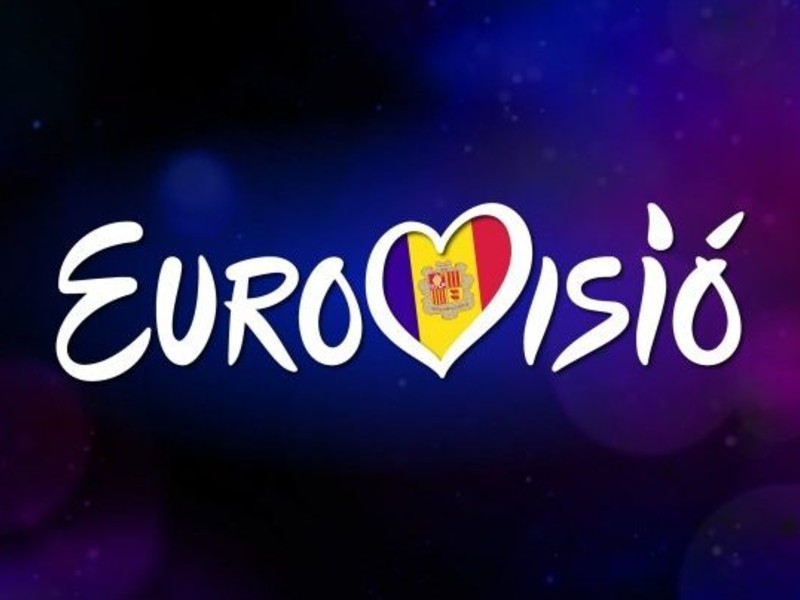
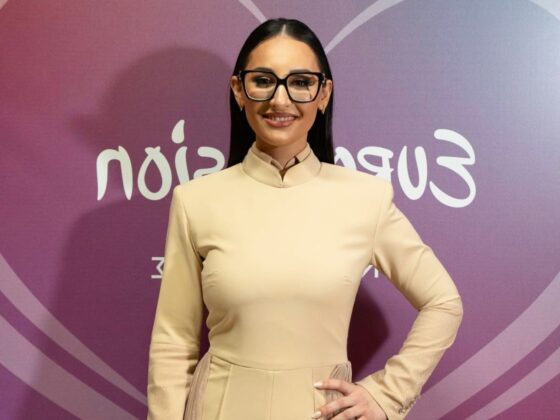


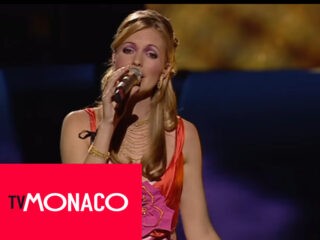
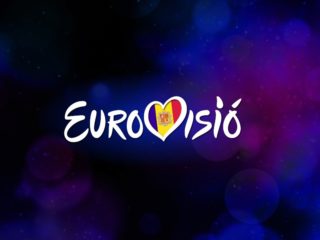




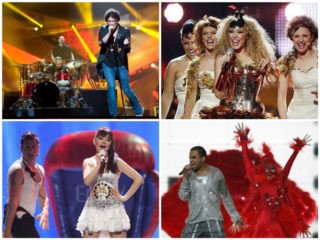
Weren’t all of Andorra’s previous participations also supported by TV3?
I love how Andorra have their moment every year on the Eurovision cycle even though they are absent for 15 years.
Andorra is the kind of absentee who says that they’ll come over this year and ultimately doesn’t lol
They say the same thing every year, and in the end they won’t come back…
I’ll believe it when I see it. I’m not putting any chips down on door returning anytime soon.
I still fondly remember Gisela and “Casanova” !